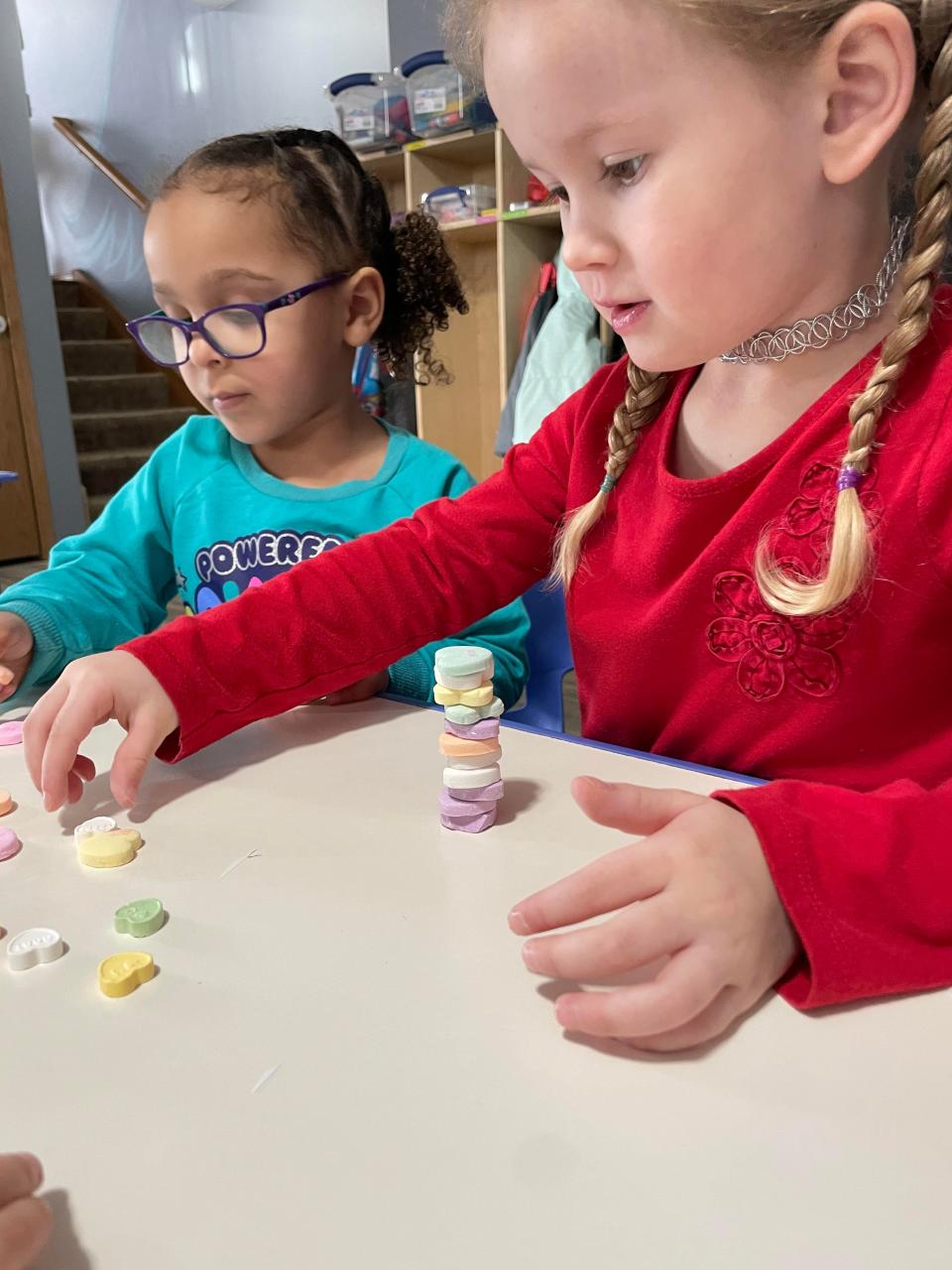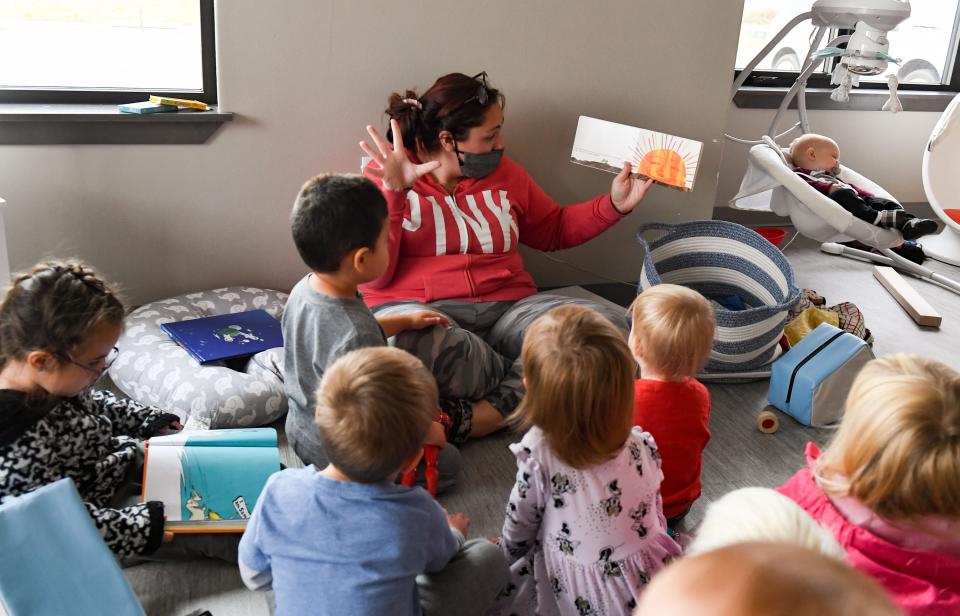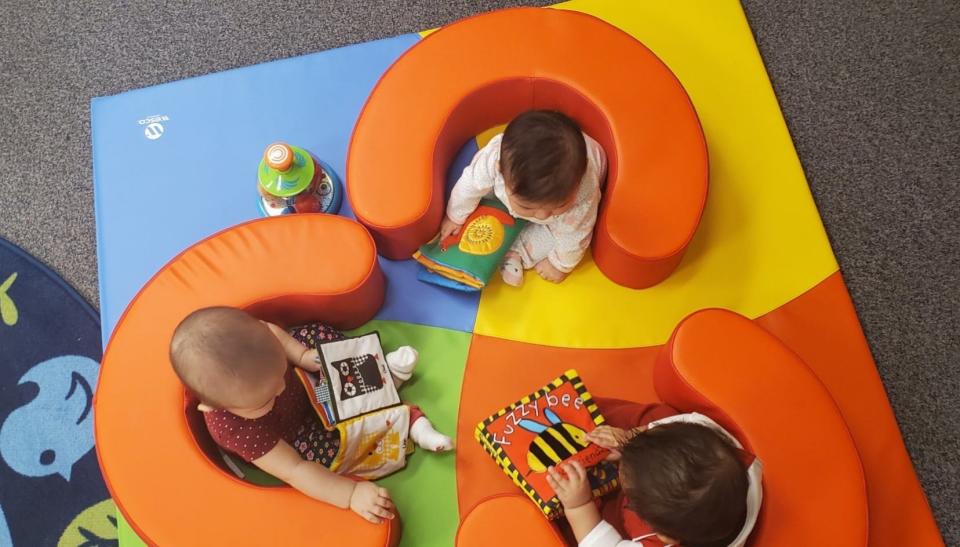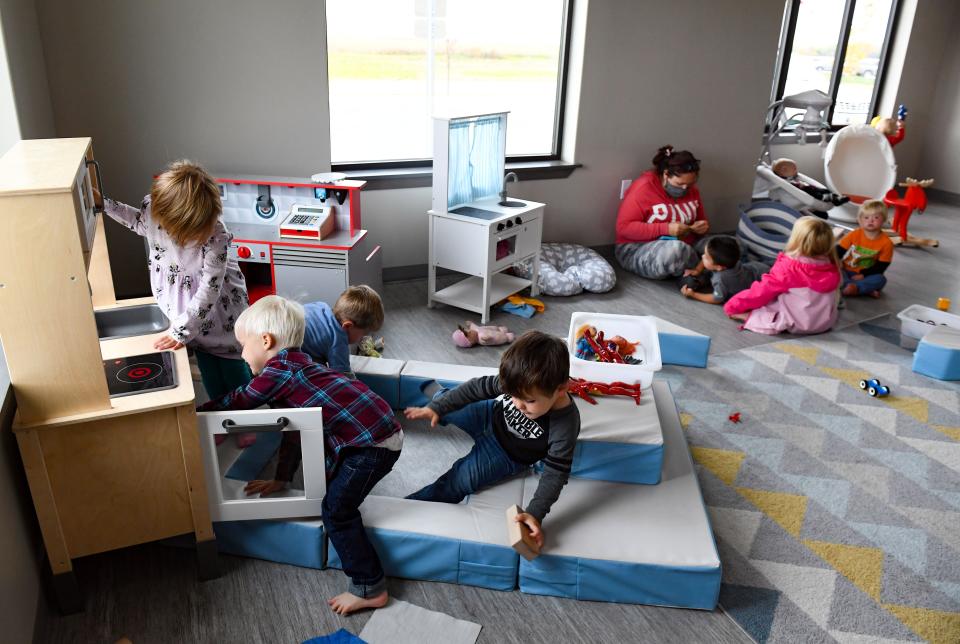Nonprofit leaders, lawmakers talk about South Dakota's need for statewide early childhood education

Sioux Falls nonprofit leaders and legislators are ready to talk about the need for statewide early childhood education in South Dakota.
That was the theme of a panel discussion following a screening of the 2021 documentary “Starting at Zero” at the State Theatre on Friday morning.
The film advocates for early childhood education and looks in part at how Alabama introduced its early childhood education program into state government. In Alabama, the state’s program doesn’t run through its department of education, but instead, the Secretary of Early Childhood Education is in the executive branch in the governor’s cabinet, the film explained.
There, Alabama’s “First Class Pre-K” is ranked number one in the U.S. for quality early learning environments for four year old children by the National Institute for Early Education Research.
More: Child care crisis in South Dakota hurting families, employers and state economy
The Alabama Department of Early Childhood Education lays out standards for everything in classrooms from displays and bulletin boards, and areas for art, fine motor and manipulatives, listening, music and movement, blocks, dramatic play, sensory and discovery tables or bins, writing centers, reading, science, nature and math areas.
“There are some opportunities from what the Alabama model has done to take those things and potentially implement them in our state,” Rep. Taylor Rehfeldt, a Sioux Falls Republican, said.

A screening and discussion for local leaders in business, government, education and faith communities to learn more about early childhood education and its impacts was hosted by several local nonprofits, including:
Sioux Falls Thrive, ensuring all children in the Sioux Falls area have the resources they need to achieve academic and career potential by way of food security, affordable housing and out-of-school time, director Michelle Erpenbach said;
Promising Futures Fund, a fund designed to help eliminate the poverty disadvantage facing thousands of students in Sioux Falls;
Sioux Falls Hope Coalition, which focuses on narrowing the achievement gap in the community through preschool;
EmBe, which offers programs for women and their families to enrich their lives;
Lutheran Social Services, which provides diverse services to the community; and
Boys & Girls Clubs of the Sioux Empire.
Many of the group’s leaders pointed to a recent report showing that the annual cost of infant care in a center in South Dakota is more than $6,500, that 43% of South Dakotans live in a child care “desert,” and that only 28% of South Dakota’s child care providers are licensed or registered with the state.
As the need for childcare and early childhood education grows in South Dakota, there’s a childcare crisis that’s grown at the same time even without the effects of the pandemic, Erpenbach said.

Rebecca Kiesow-Knudsen of LSS said the “crisis” didn’t start with the pandemic, but the pandemic has ratcheted up the intensity of the crisis.
“I almost was in tears a few times this morning just thinking about how far behind we are as a state, and the resources that we put into that early childhood education,” she said. “We have a long way to go to get to where Alabama has gone.”
Kiesow-Knudsen said the affordability of childcare is a huge issue for families, and the costs are only increasing as childcare staff wages remain low and staff have left the industry in the last five to six years. The majority of childcare providers do have space for more children, but they need more staff to keep up with student-to-staff ratios.
More: 'Lights on Afterschool' shows how over 40,000 students need activities after 3 p.m.
Rebecca Wimmer, coordinator of after school programs and community partnerships for the Sioux Falls School District, said students who have early childhood opportunities often have better outcomes later on in their education and in their careers.
And Rehfeldt said her own experience with finding childcare, especially infant care, was challenging.

What would it take for South Dakota to implement an early childhood education model similar to Alabama’s? Erpenbach asked Rehfeldt in the panel discussion.
“I think the number one thing that needs to happen specifically to legislators is education,” Rehfeldt said. “That can be an uphill battle. Messaging is one of my biggest concerns. In our national environment, there’s a lot of negative connotation in general about education, which is unfortunate. It shouldn’t be that way, but it is a reality. That’s the barrier I see at the legislative level at least, is the messaging that goes into education.”
Messaging about early childhood education should focus directly on children, their wellbeing and even parents’ choice and involvement in education, she said, explaining some of her colleagues don’t have an understanding of the need on why early childhood education is so important and how it impacts the community as a whole.
This article originally appeared on Sioux Falls Argus Leader: South Dakota's need for Pre-K, early childhood education programs

 money
money 